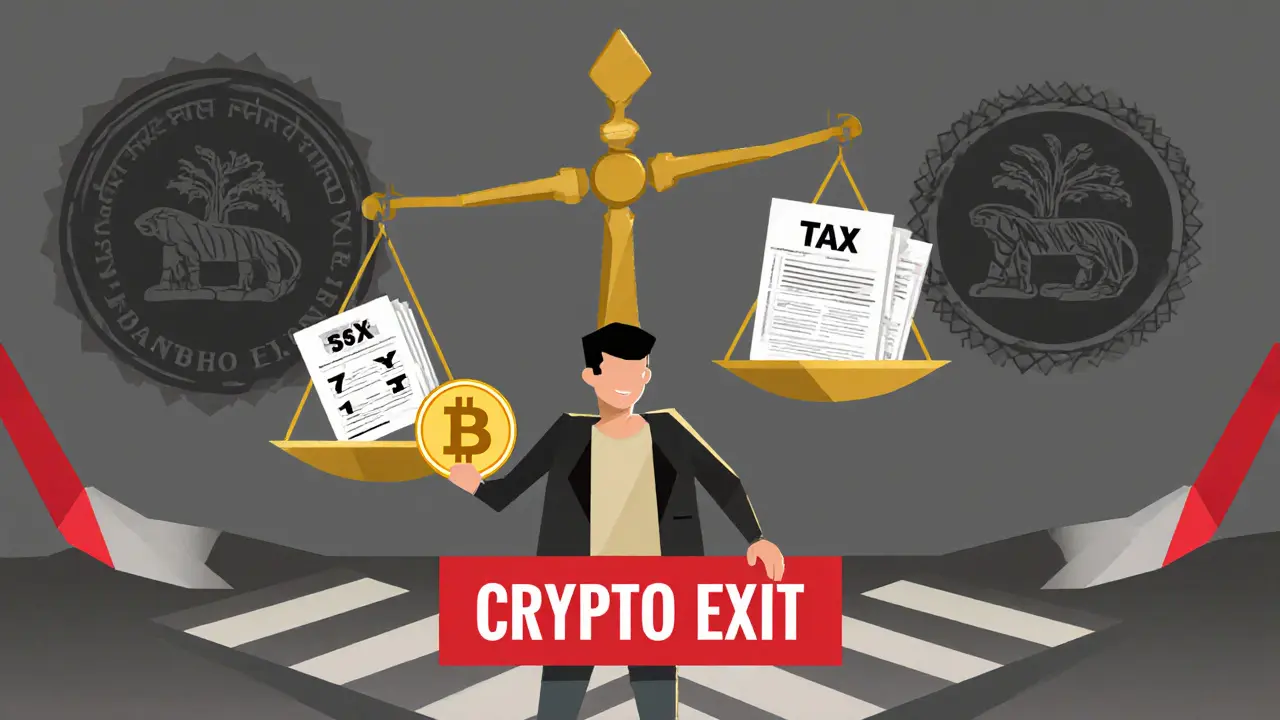VDA Tax India: What It Is and How It Affects Crypto Transactions
When you buy, sell, or trade crypto in India, you’re likely dealing with VDA tax India, a 1% TDS (Tax Deducted at Source) on every digital asset transaction imposed by the Indian government since July 2022. Also known as Virtual Digital Asset tax, it’s not an income tax—it’s a withholding mechanism that exchanges and platforms must collect upfront, whether you make a profit or not. This rule applies to everything from Bitcoin and Ethereum to memecoins and NFTs, and even includes transfers between your own wallets if they go through a platform.
The real impact? Crypto exchanges, like WazirX, CoinDCX, and ZebPay, are legally required to deduct 1% from every trade, buy, or sell order. If you send 1 BTC to a friend and the platform processes it, they take 1% as tax—even if you didn’t cash out. Tax compliance, including reporting VDA gains on your ITR-2 form and paying 30% income tax on profits, is now mandatory. The government tracks every transaction through KYC-linked accounts, and penalties for non-compliance can include fines or legal action. There’s no exemption for small trades, losses, or personal transfers. Even if you bought crypto at $30,000 and sold it at $25,000, you still paid the 1% TDS—and you can’t get it back unless you file your return and claim it as a credit.
What’s missing from most people’s understanding is that VDA tax India doesn’t just target traders. It hits investors, gamers with NFTs, and even those who receive crypto as gifts or airdrops. If you got a token from an airdrop and later sold it, the 1% was taken at the point of sale. If you used crypto to buy goods, that’s a taxable disposal. The system is built to catch everything. The posts below break down real cases: how Upbit’s KYC failures relate to India’s enforcement, why zero-fee exchanges like RabbitX still charge VDA tax, and how abandoned tokens like Zayedcoin still trigger tax obligations if traded. You’ll find guides on filing your returns, avoiding double taxation, and understanding what counts as a taxable event under Indian law. This isn’t about speculation—it’s about legal compliance in a system that’s watching every move.
Moving Crypto Assets Abroad from India: Legal Rules You Must Know in 2025
Moving crypto from India abroad in 2025 requires paying up to 49% in taxes, complying with FEMA limits, and disclosing all foreign holdings. Strict rules on KYC, TDS, and the FATF Travel Rule make transfers complex-and risky if done incorrectly.
learn more